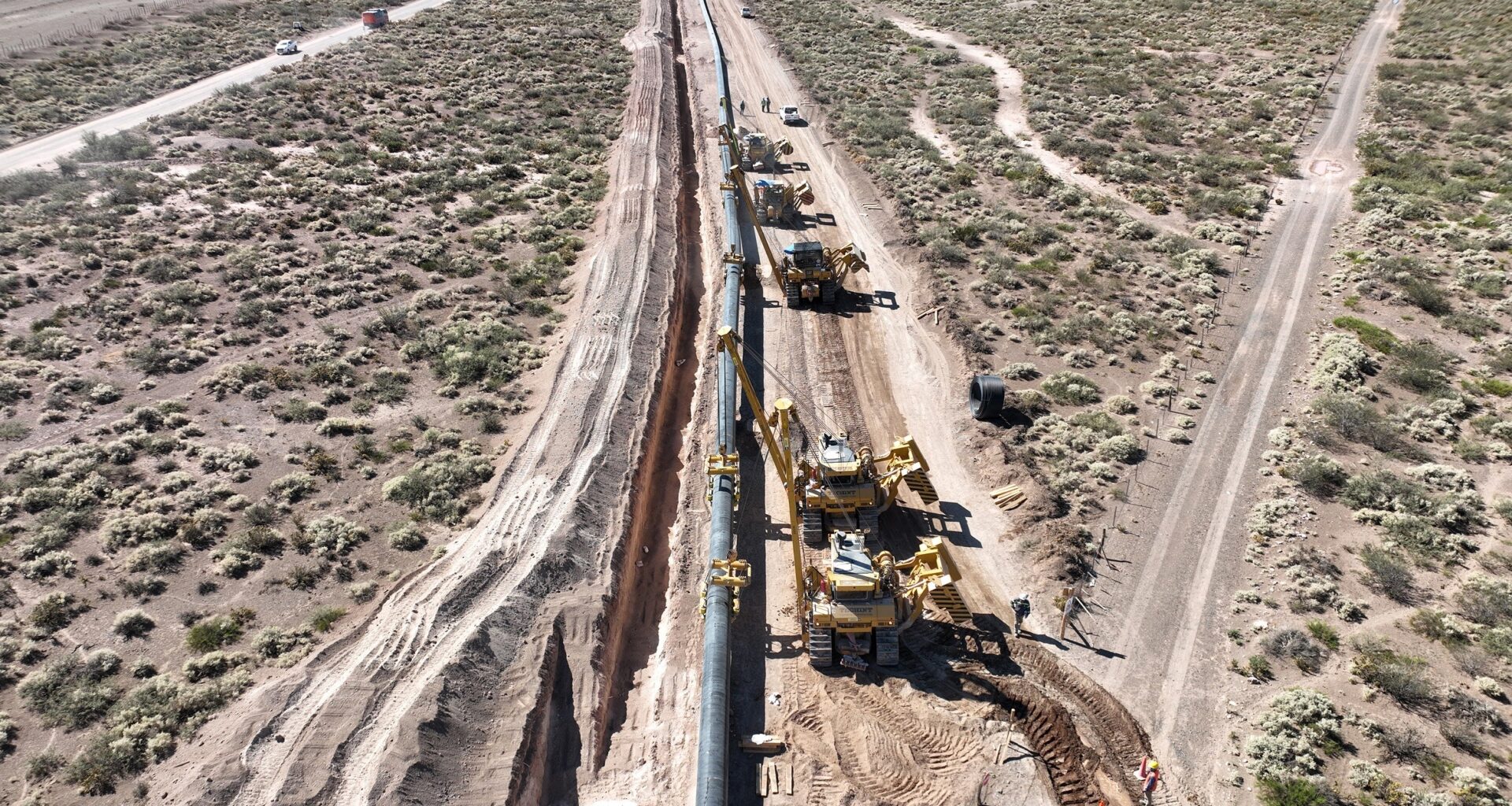President Javier Milei’s victory in the October midterms served as a calming balm for many market sectors. Oil and gas appear as one of the main benefactors, as La Libertad Avanza’s landslide win has prompted a boom in corporate bonds.
The sector’s companies are bullish all around. Most are flocking to the markets looking for investors after experiencing a lull in the months leading up to the election due to high country risk (and therefore, prohibitive interest rates) and exchange rate pressure. Others are announcing new projects, like Vista Energy, which recently confirmed a US$4.5 billion investment in Vaca Muerta, a shale oil and gas region in the south of the country.
Analysts agree that the fall in country risk after the vote (from over 1,000 to around 600 basis points) is the main driver of the boom. According to economist Lorenzo Sigaut Gaviria, from the Equilibra consulting firm, the midterms were a “turning point” considering the situation prior to the elections
“July, August, September, and October were very slow, with a lot of uncertainty, a lot of risk, a lot of exchange rate pressure, and the sale of reserves from the National Treasury, the Central Bank, and even the U.S. Treasury,” he told the Herald.
A report by the Epyca consulting firm said that, even though Argentina is still far from being able to finance itself at reasonable rates (which would currently involve taking on debt at over 10% in dollars), the drop in country risk “is clearly a step in the right direction.” The report added that developments helped oil and gas companies issue corporate bonds and get the financing they had been needing for months.
Only this week, Tecpetrol, YPF, and Pampa Energía raised US$1.7 billion. TGS and Pluspetrol sought up to US$500 million each. Not accounting for Pampa Energía (which is an energy company more than just oil and gas), that would make it US$1.25 billion since Milei won in October.
According to Sigaut Gaviria, the oil and gas sector has the potential to place more than US$5 billion in corporate bonds from Monday after the elections until the end of the year. The economist said that Milei’s “resounding victory” means “governability, the possibility of passing laws in Congress like the budget, and then reforms.”
“So now everything has decompressed, and obviously this group of companies that hadn’t done so are seizing the moment and coming out to place [debt]. And that’s what we’re seeing now — it also looks like nothing to everything in a minute,” he added.
Juan José Carbajales, an analyst from the Paspartú energy consultancy, added another reason for the optimism, pointing to the fact that the end of the Incentive Regime for Large Investment (RIGI) in mid-2026 can also be causing companies to speed up plans and a need for financing. One of them is YPF’s liquified natural gas (LNG) plan, which entails building six floating LNG facilities, specialized ships that convert natural gas into LNG at sea.
Also, national companies that bought assets from international companies that were leaving, such as Plus Petrol, will also require financing.
“This seems to be just the beginning,” he said.
Vista Energy’s announcement
On Wednesday, oil and gas company Vista Energy announced a US$4.5 billion investment in Vaca Muerta. The goal is to boost its production by 60% and reach 180,000 barrels of oil equivalent in 2028. The company, which has already invested more than US$ 6 billion in Argentina, has established itself as the country’s leading independent crude oil producer and largest oil exporter.
The announcement was made by Vista Energy’s CEO, Miguel Galuccio, during a meeting with investors. Galuccio, who was the CEO of state-owned oil and gas company YPF from 2012 to 2016, said that a change in taxes and regulations — part of Milei’s agenda — are next on the to-do list if Argentina wants to compete with the United States.
“Today, wells in the United States cost about 35% less than in Vaca Muerta,” he said. “If we really want to take the next step, we have to tackle that structural agenda,” Galuccio added, saying that “the regulatory framework” is beyond the company’s control.
He said that a potential elimination of export duties would be the “icing on the cake.”
“If the taxes that increase costs by 30% are lowered, that means more investment, more production, more foreign currency, and more jobs. For Argentina to go from 40 active rigs to 200, we have to address that,” he added.
